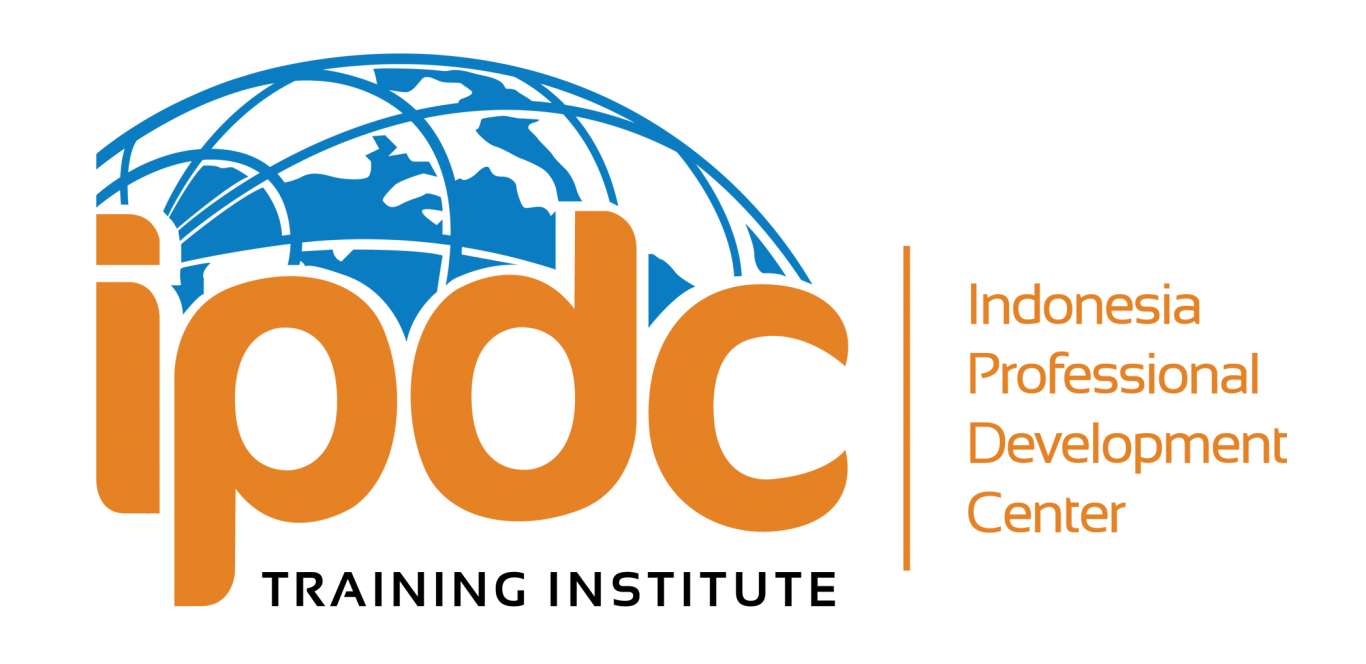

Mon, Mar 04
|Indonesia
PSC Cost Recovery and Gross Split
This course covers the basic concepts and principles of Production Sharing Contract (PSC) Cost Recovery and Gross Split mechanisms in the Oil and Gas industry.
Time & Location
Mar 04, 2024, 8:00 AM – Mar 06, 2024, 5:00 PM
Indonesia
About The Training
OVERVIEW
This course covers the basic concepts and principles of Production Sharing Contract (PSC) Cost Recovery and Gross Split mechanisms in the Oil and Gas industry. The course will provide an understanding of the key terms and components of PSCs, the purpose and benefits of Cost Recovery and Gross Split mechanisms, and the calculation and allocation of costs and revenues under each mechanism. The course will also explore the differences between the two mechanisms and the factors that influence their selection and application.
OBJECTIVES
By the end of this training course, participants will be able to:
Understand the basic principles of PSCs and their role in the Oil and Gas industry
Identify the key components and terms of Cost Recovery and Gross Split mechanisms




















